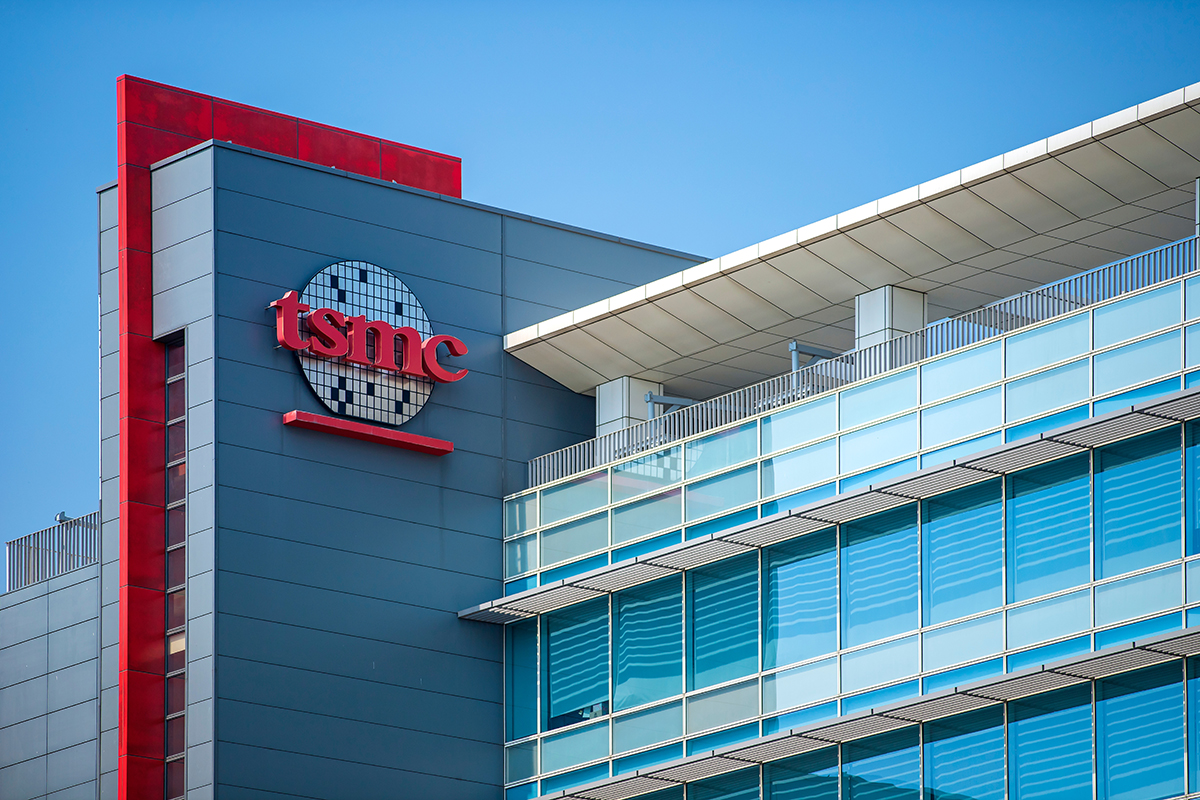Former US President Donald Trump recently reignited controversy by accusing Taiwan of overtaking the United States’ leadership in the $500 billion semiconductor industry. In a Bloomberg Businessweek interview, Trump claimed Taiwan had taken “almost 100%” of the industry from the US, expressing regret over the situation, “We should have never let that happen.” However, industry analysts strongly dispute this assertion, highlighting Taiwan’s rise as a product of strategic initiatives, concerted effort, and substantial investment.
The ascension of Taiwan in the semiconductor realm is largely credited to Morris Chang, an entrepreneurial pioneer who established Taiwan Semiconductor Manufacturing Company (TSMC) in 1987. Chang, with a significant career in the US at prominent companies like Intel, Motorola, and Texas Instruments, introduced an innovative business model that revolutionized the industry. Departing from the traditional practice of merging design and manufacturing, Chang’s model focused solely on manufacturing semiconductors based on client designs. This “pure-play foundry” strategy enabled TSMC to specialize and scale its operations efficiently.
Thanks to this novel approach, TSMC now produces over 90% of the world’s advanced chips, as reported by the Semiconductor Industry Association. By concentrating on manufacturing, TSMC has been able to cater to numerous customers, achieve economies of scale, and generate significant revenue, which has been reinvested into advancing chip production technologies. This continuous cycle of investment and improvement has solidified TSMC’s position as a leader in the global electronics sector.
Taiwan’s semiconductor success is further supported by several inherent advantages. The island is home to top-tier engineering talent, enjoys relatively lower labor costs, and boasts a comprehensive tech ecosystem. These factors have propelled productivity and innovation, cementing Taiwan’s status as a formidable player in the semiconductor industry. This environment has proven difficult for competitors to replicate, although companies like Intel and Samsung are attempting to adopt TSMC’s contract manufacturing model.
Despite these efforts, Taiwan is determined to keep its research and development (R&D) activities on the island. Taiwanese Premier Cho Jung-tai stated that there are no plans to move chip-related R&D functions to the US, highlighting Taiwan’s exceptional tech talent and favorable environment for innovation and investment. This steadfast approach underscores Taiwan’s confidence in its strategic position within the global semiconductor landscape.
Trump also suggested that Taiwan should financially compensate the US for its defense support, likening it to an insurance policy. This proposition has raised concerns in Taiwan about the potential impact on US-Taiwan relations, particularly given the increasing threat of a Chinese invasion. The ongoing tension in the Taiwan Strait has also pressured TSMC to diversify its production base by expanding outside Taiwan.
In response to the semiconductor shortage during the Covid-19 pandemic and the strategic importance of the industry amid the US-China rivalry, President Joe Biden signed the CHIPS and Science Act into law in 2022. This legislation aims to boost domestic chip production, which currently represents about 10% of the global supply, and reduce dependence on Taiwan and South Korea for the most advanced chips.
TSMC’s global expansion efforts include building three factories in Arizona. However, the company faces challenges in adapting to different labor laws and work cultures. TSMC acknowledges the need to integrate a manufacturing system compatible with the local culture to successfully establish its operations abroad.
Looking ahead, the semiconductor industry must prioritize collaboration for mutually beneficial outcomes. TSMC, in particular, needs to navigate the complexities of global expansion while maintaining its leadership in chip production. By finding effective ways to collaborate, chip firms can enhance their competitiveness and contribute to a resilient global supply chain.
As the semiconductor landscape evolves, Taiwan’s strategic foresight, investment, and commitment to innovation remain crucial to its success. The island’s journey from an emerging player to an industry leader offers valuable insights into the power of visionary leadership and strategic execution in the technology sector.







